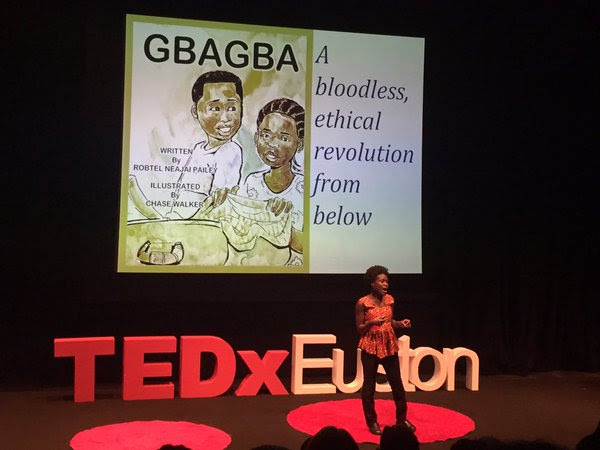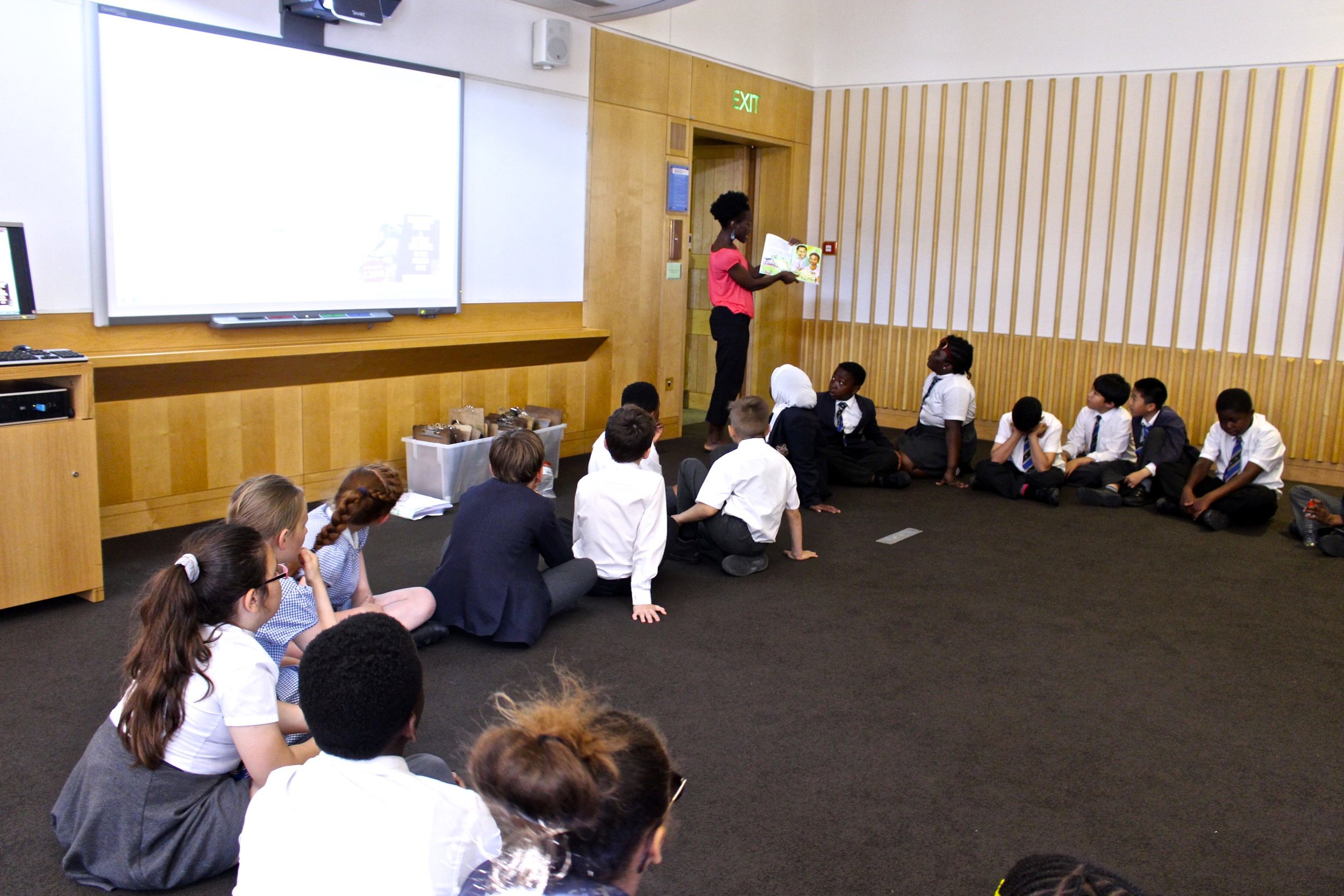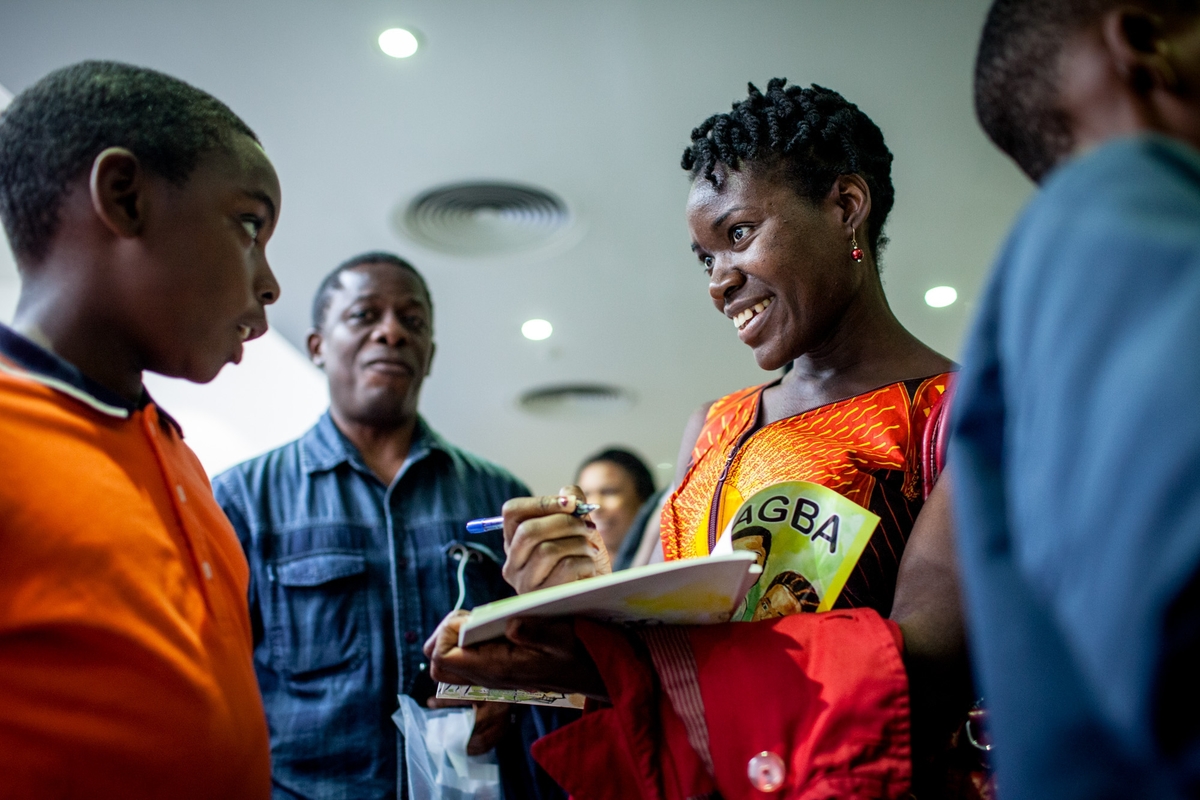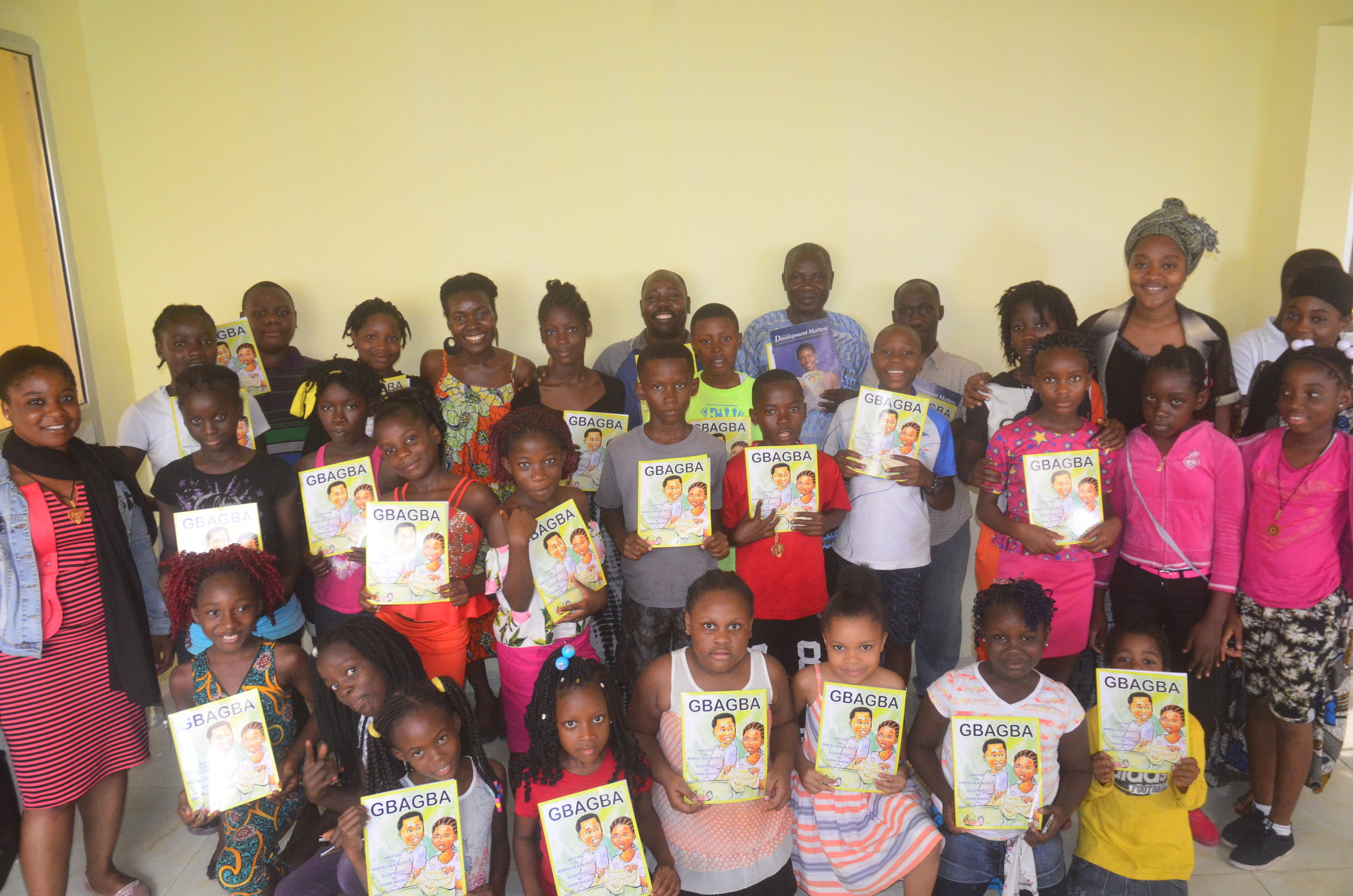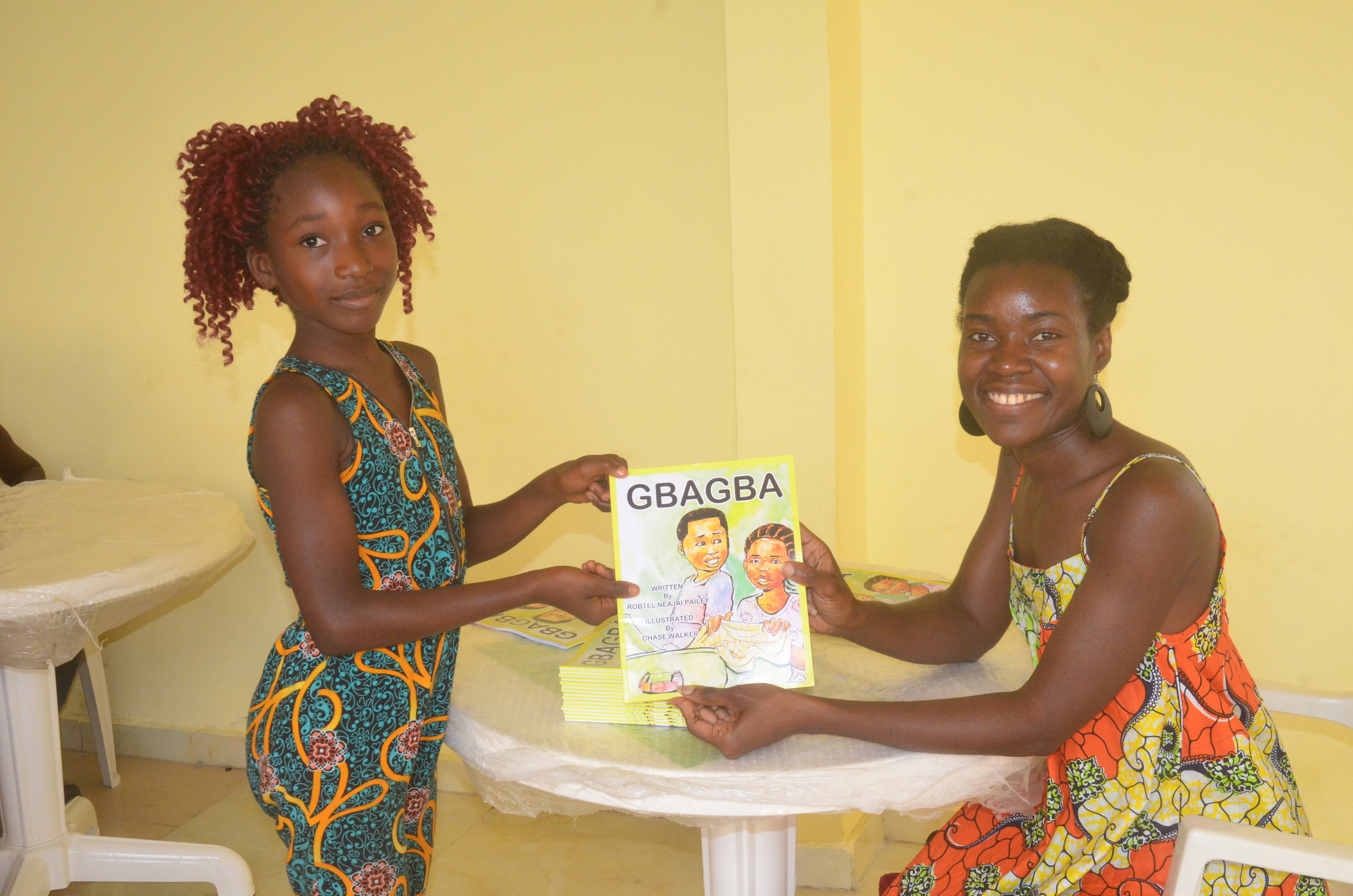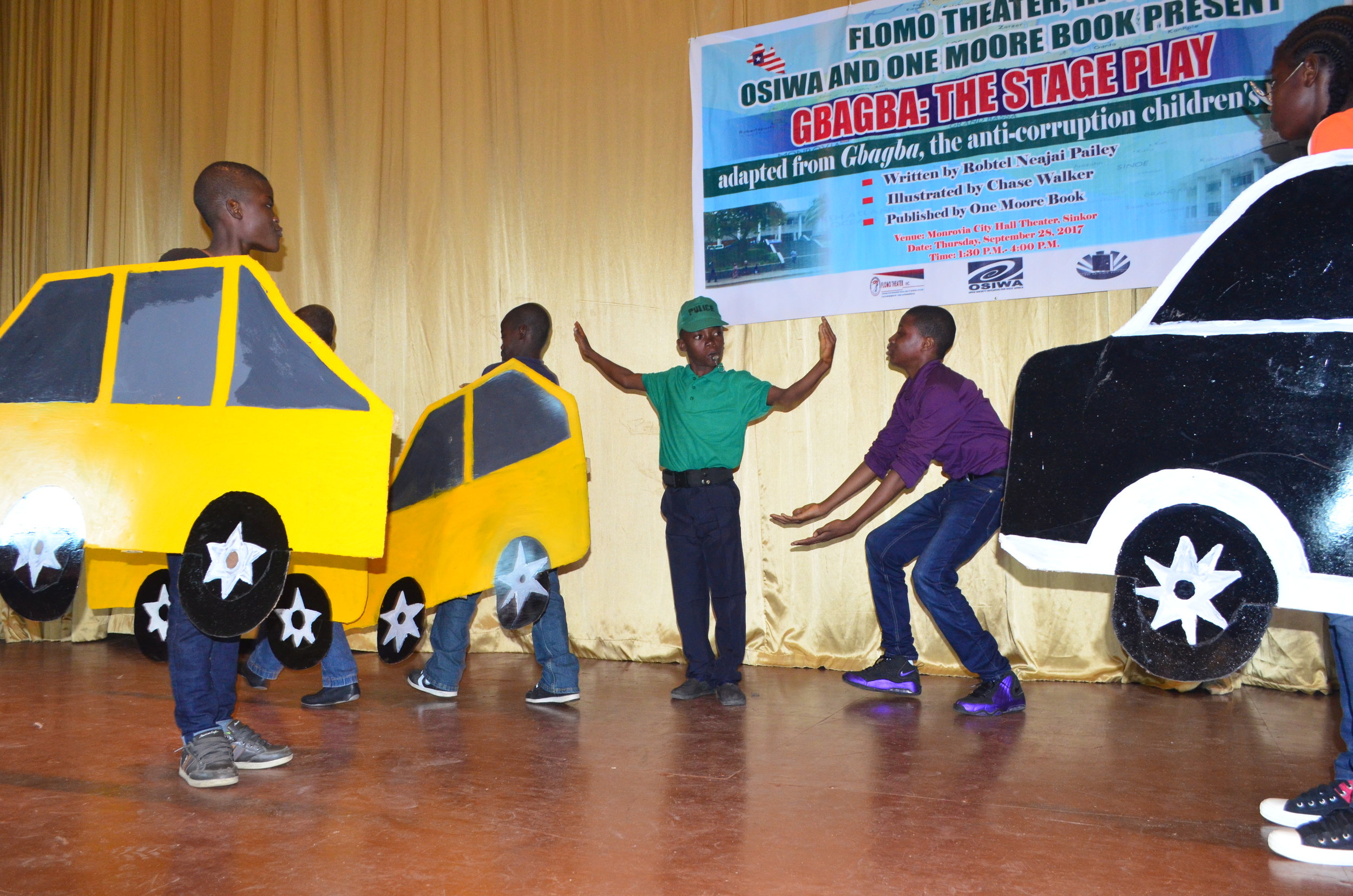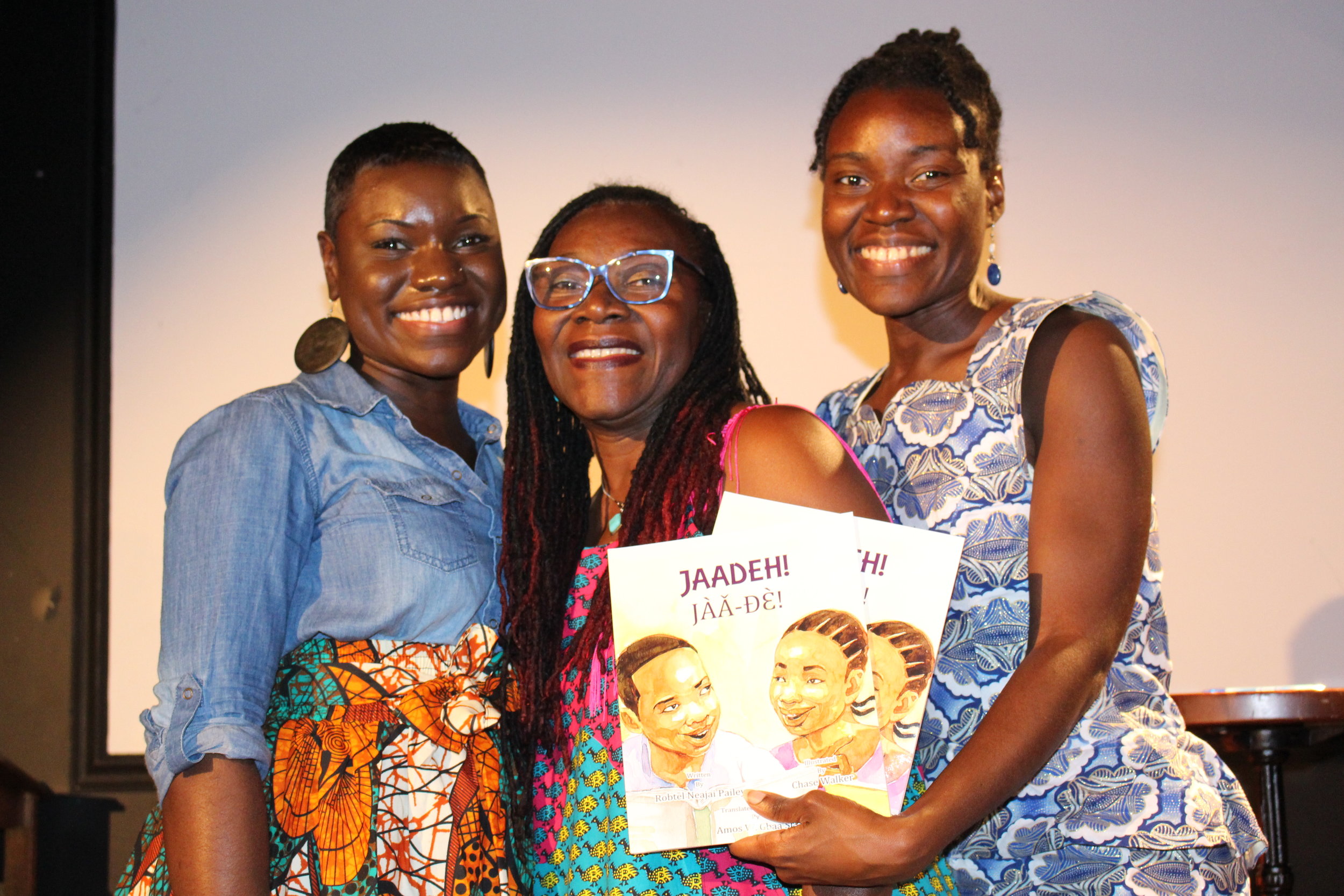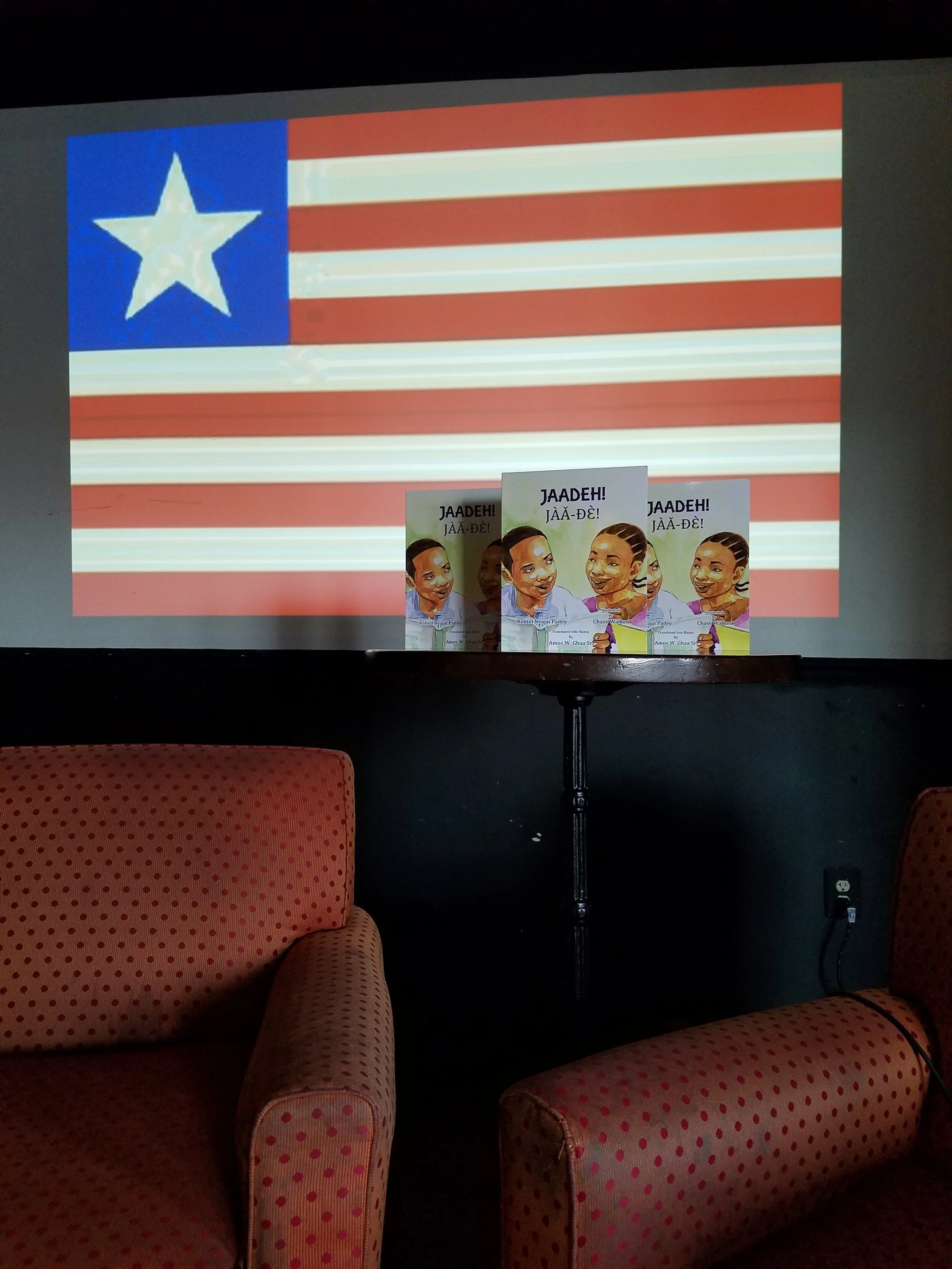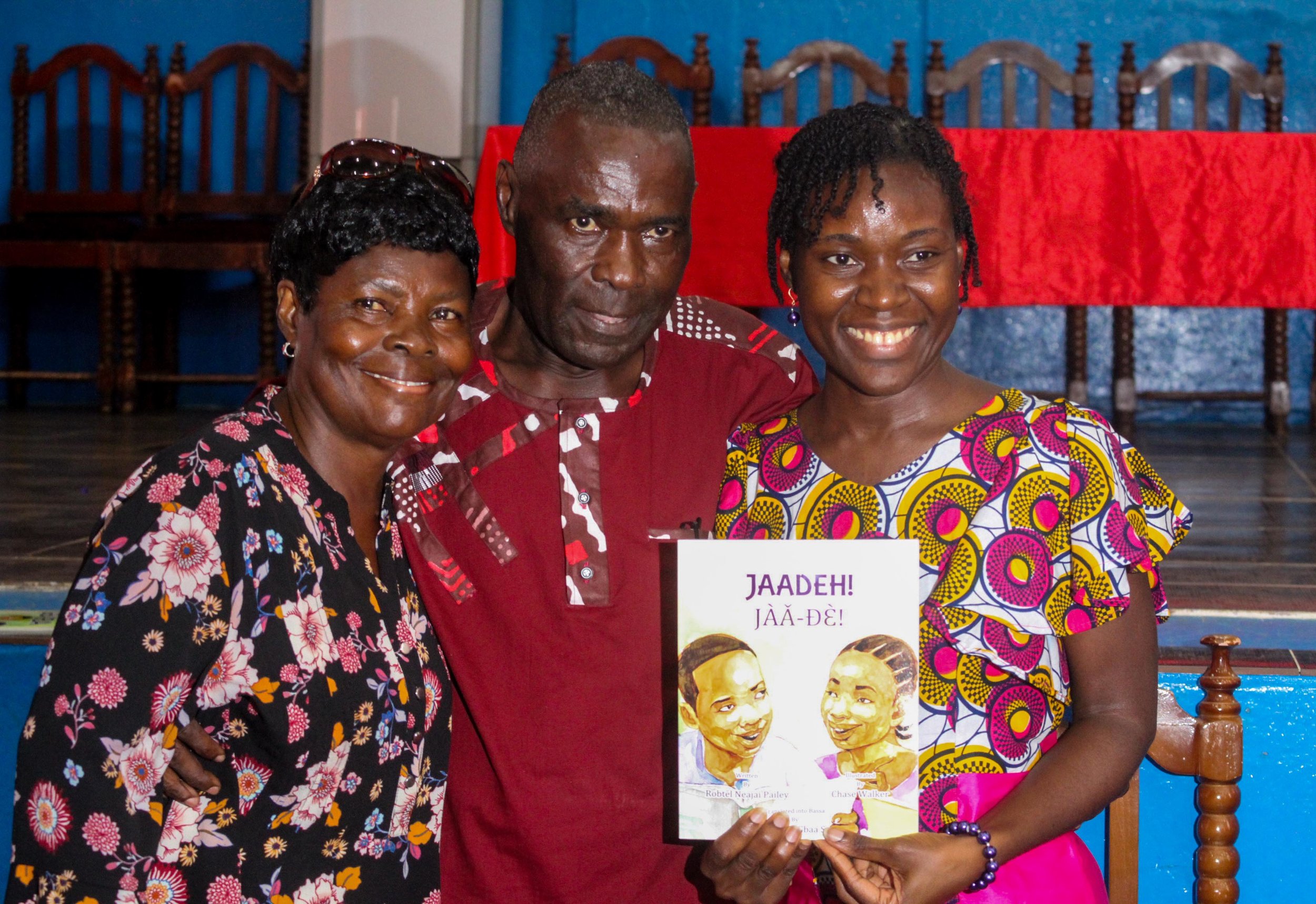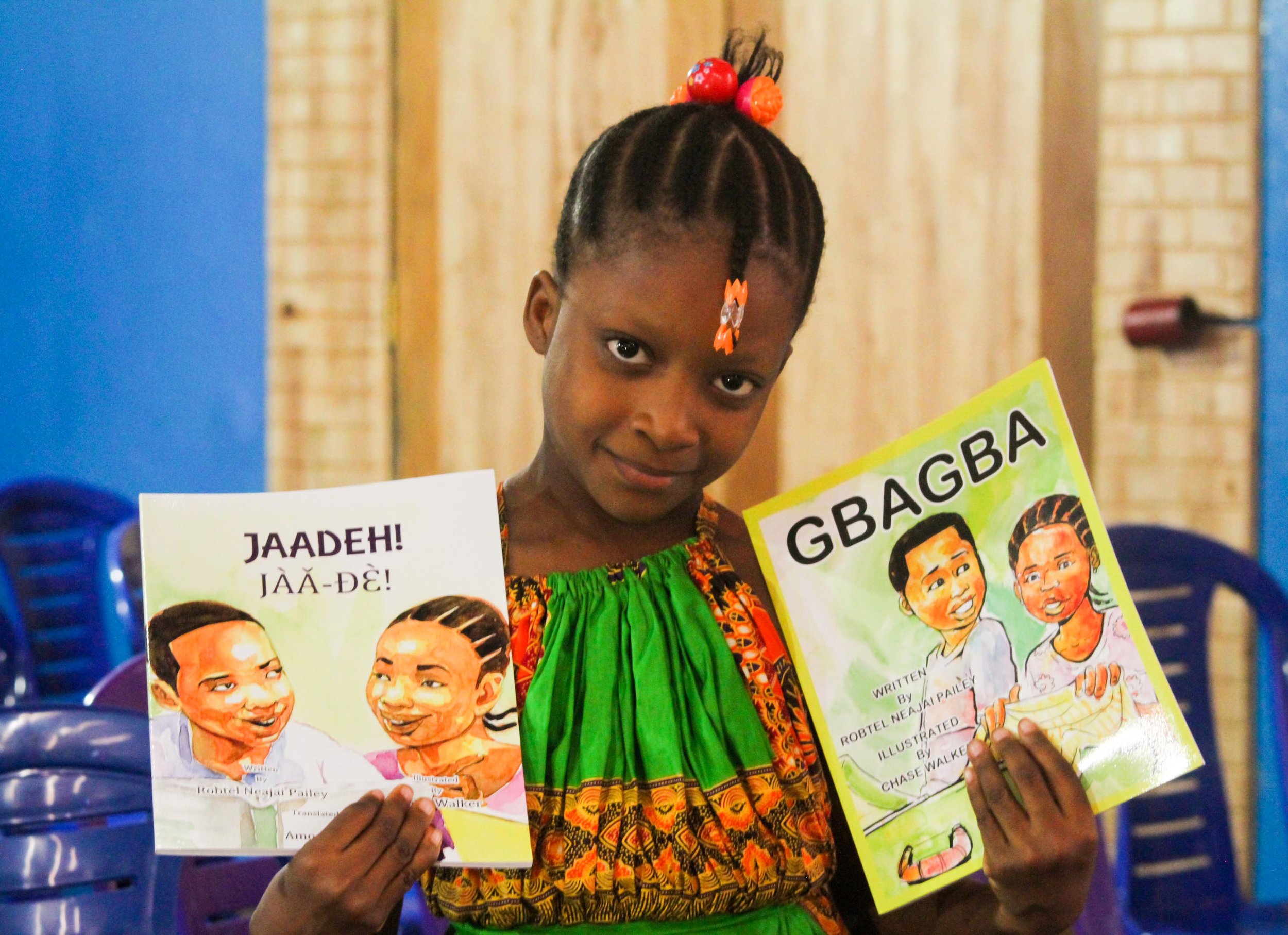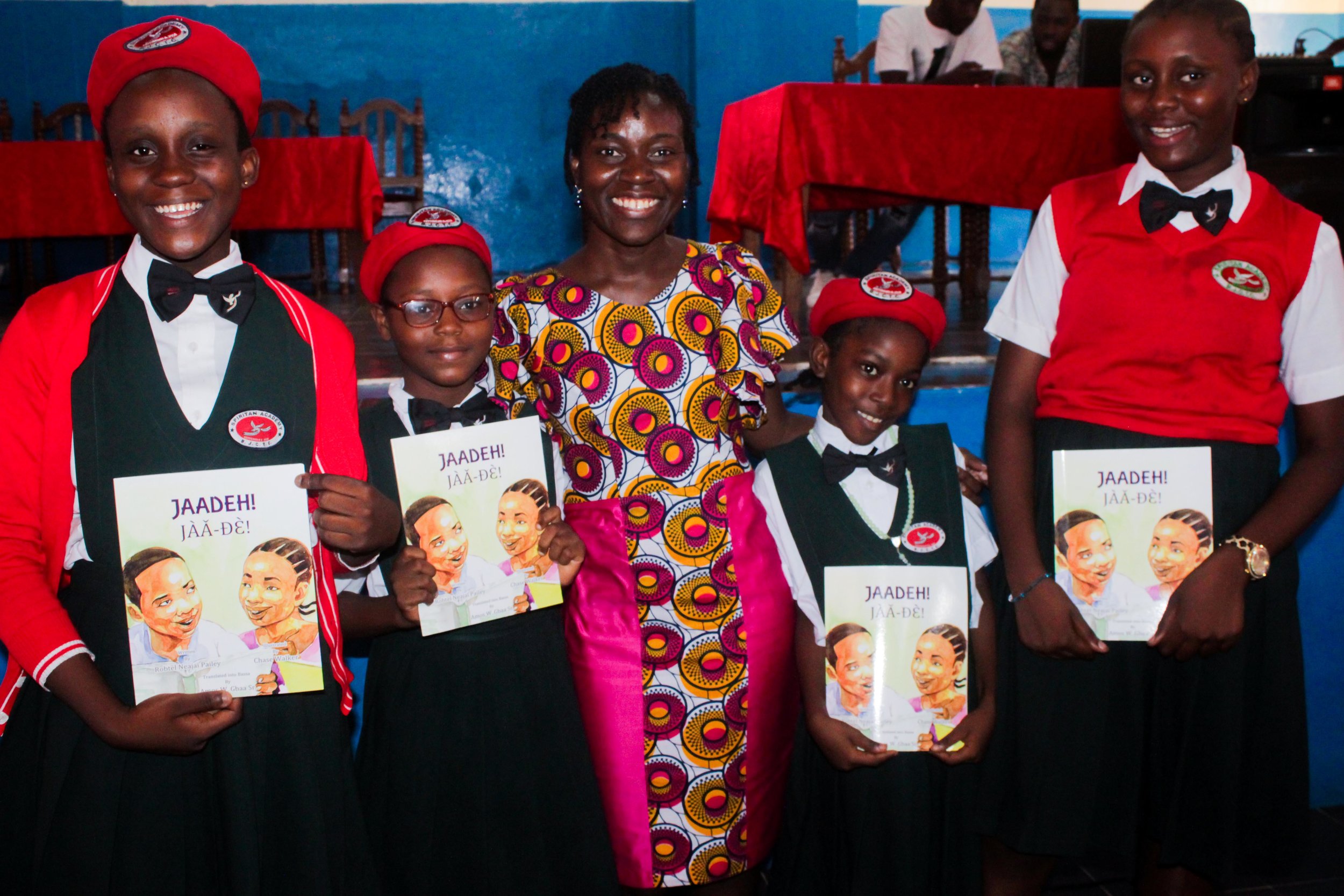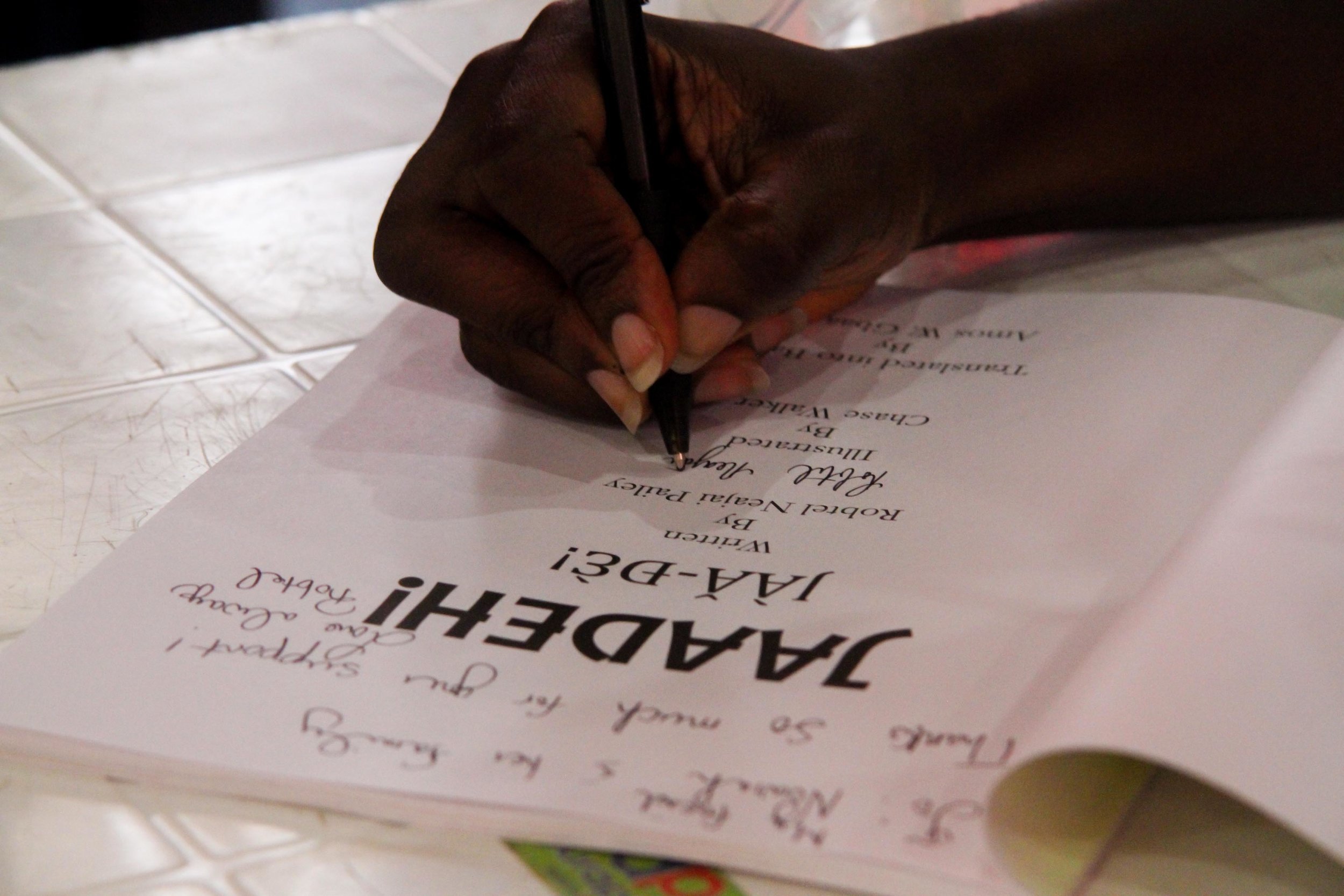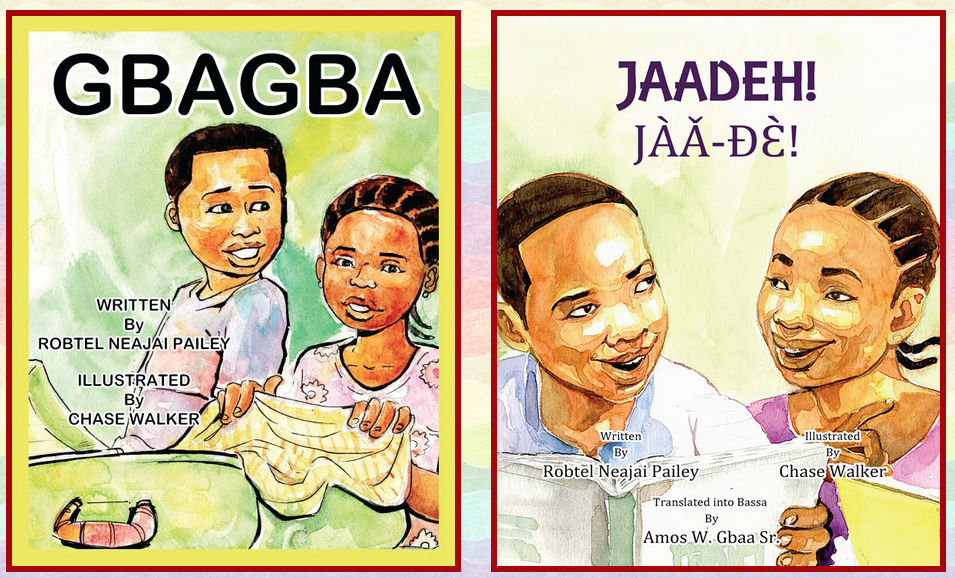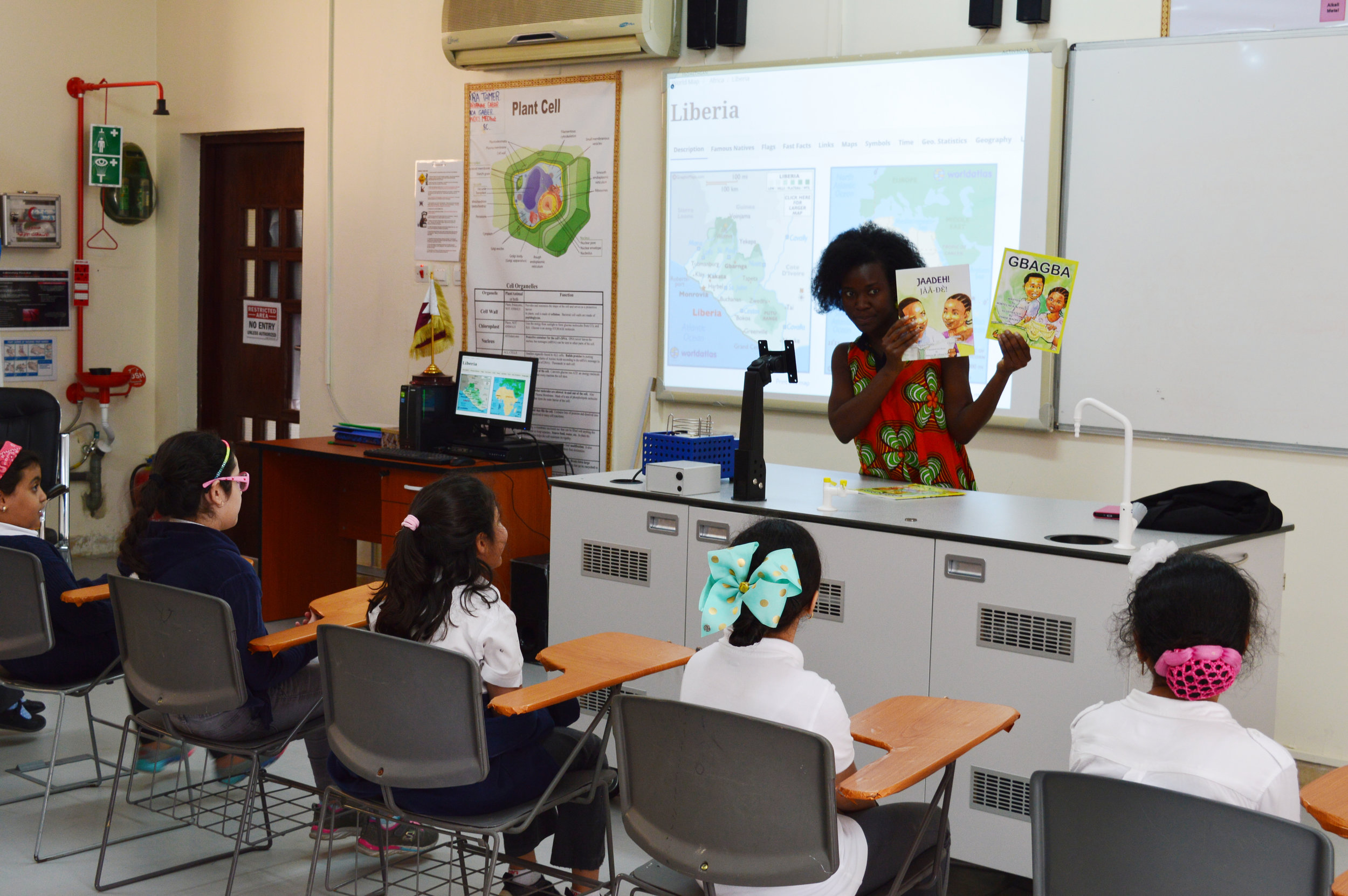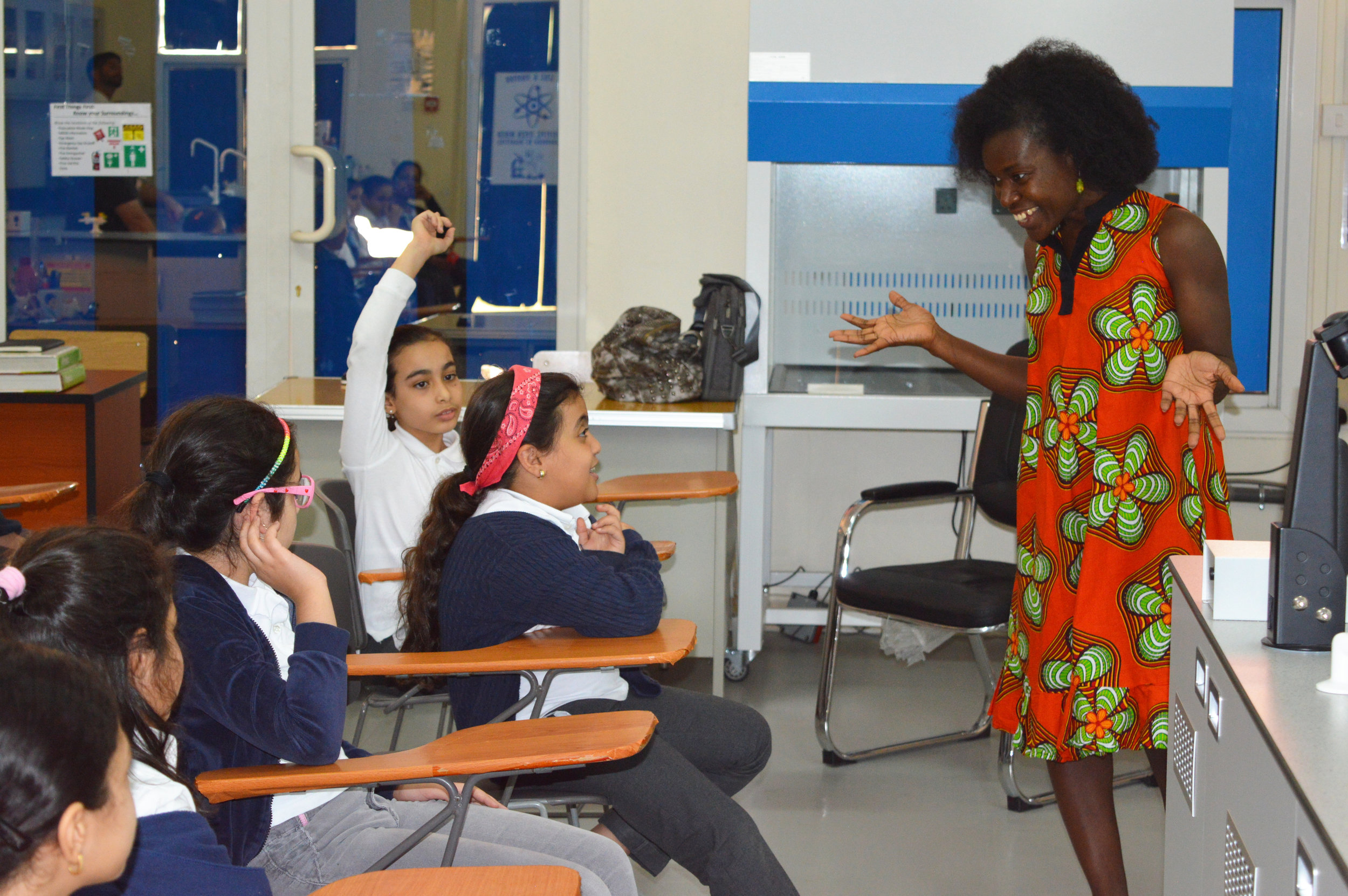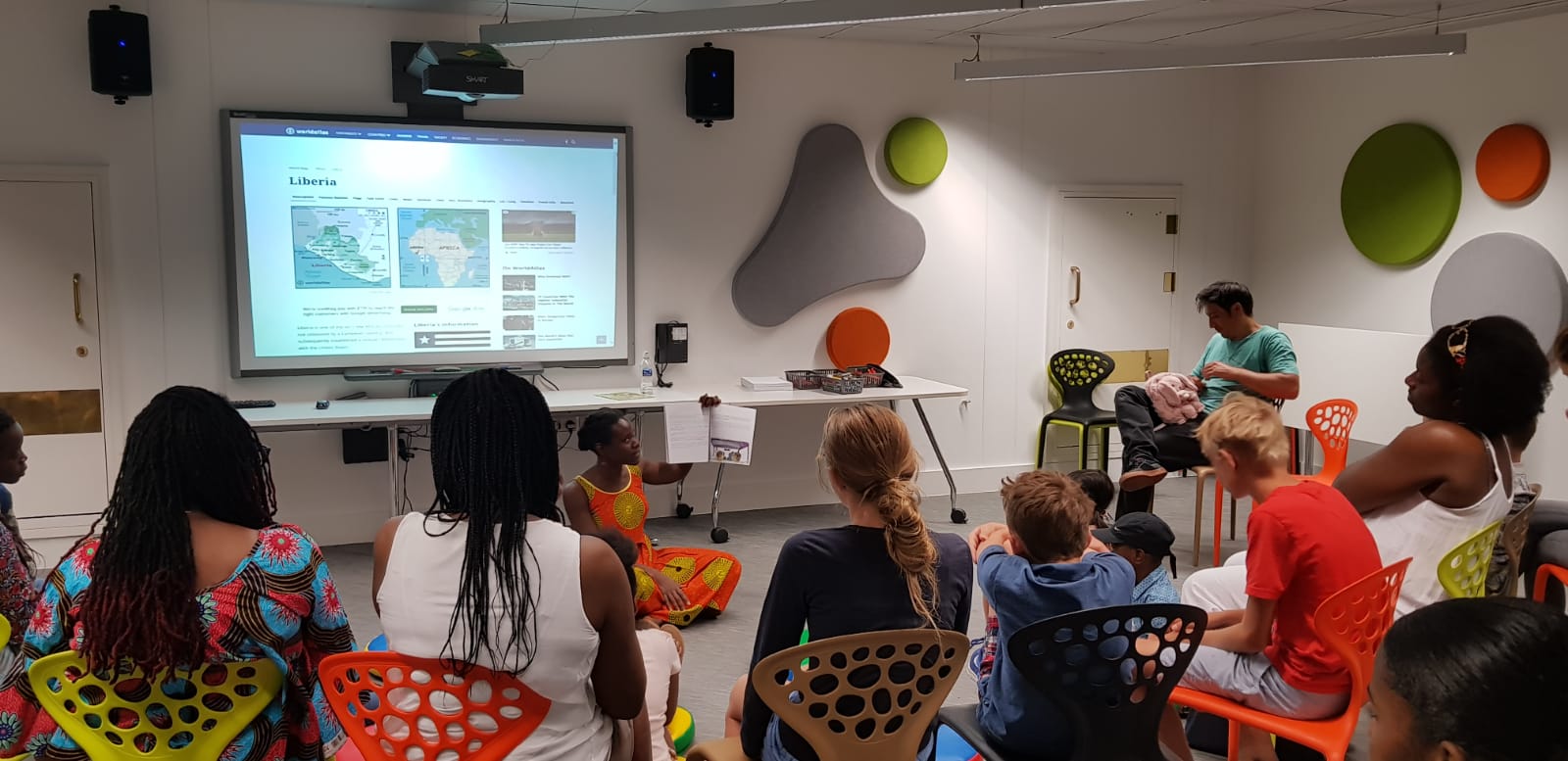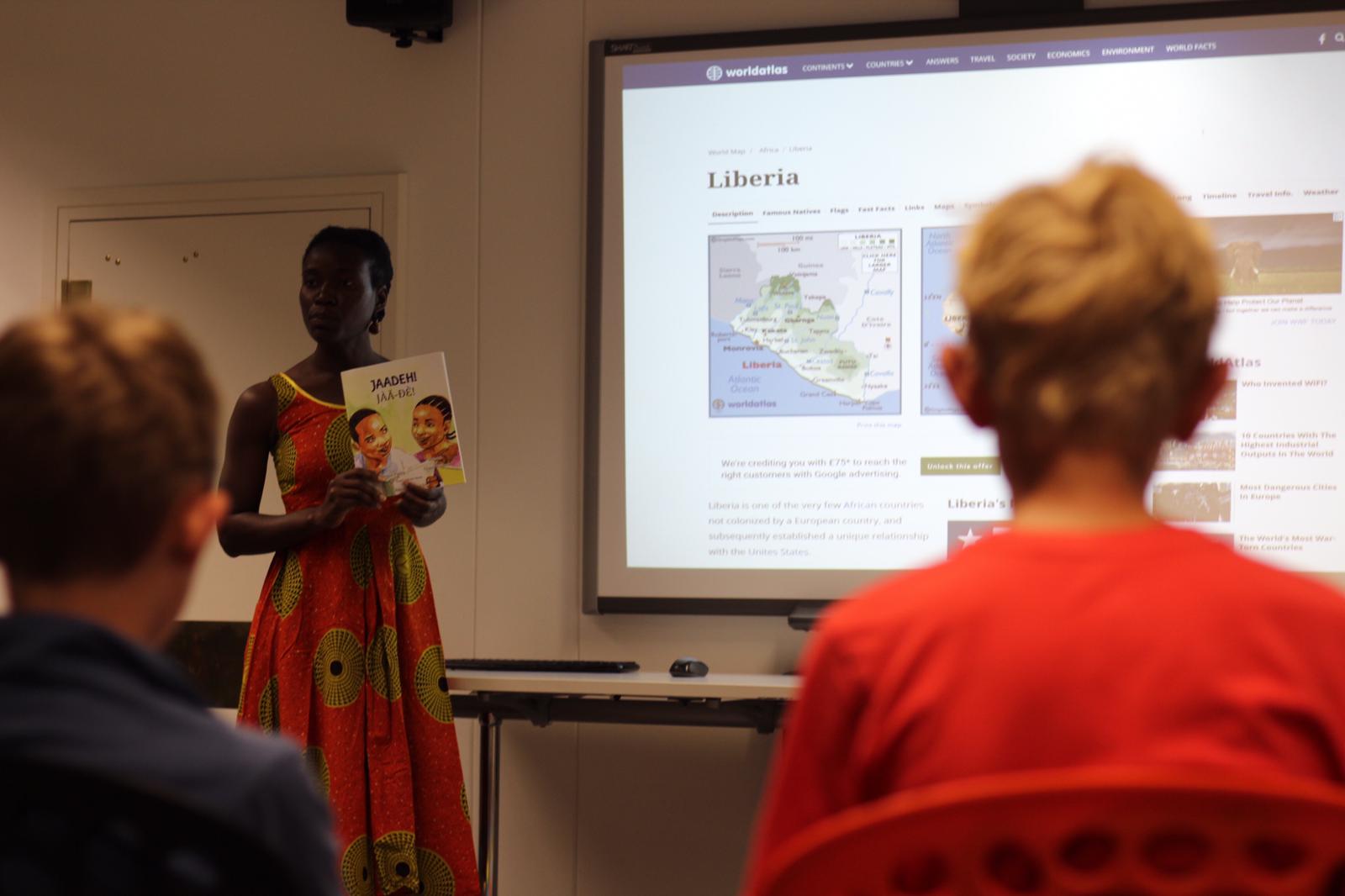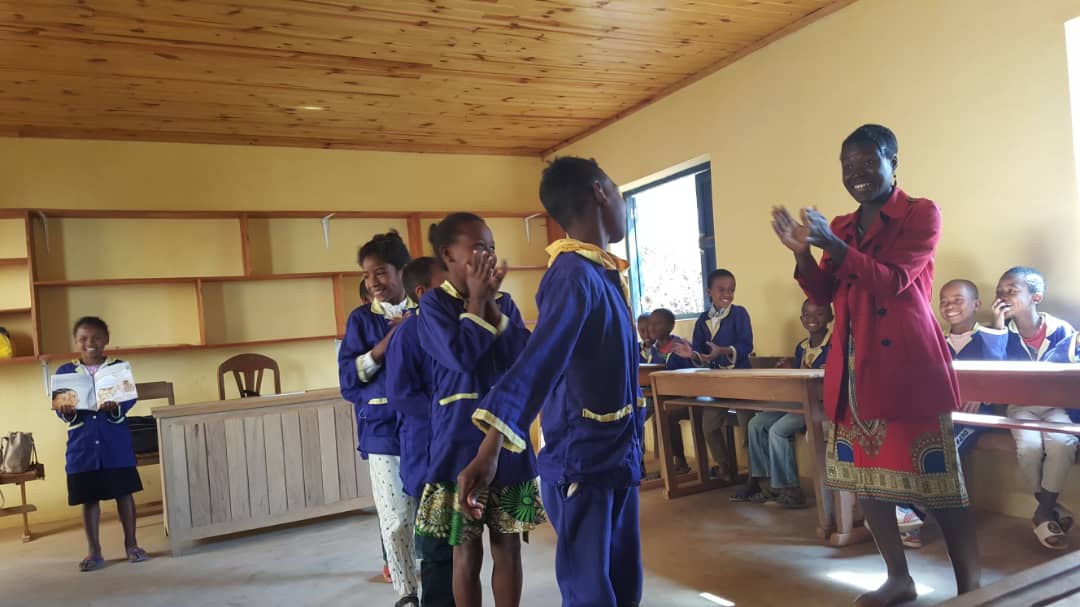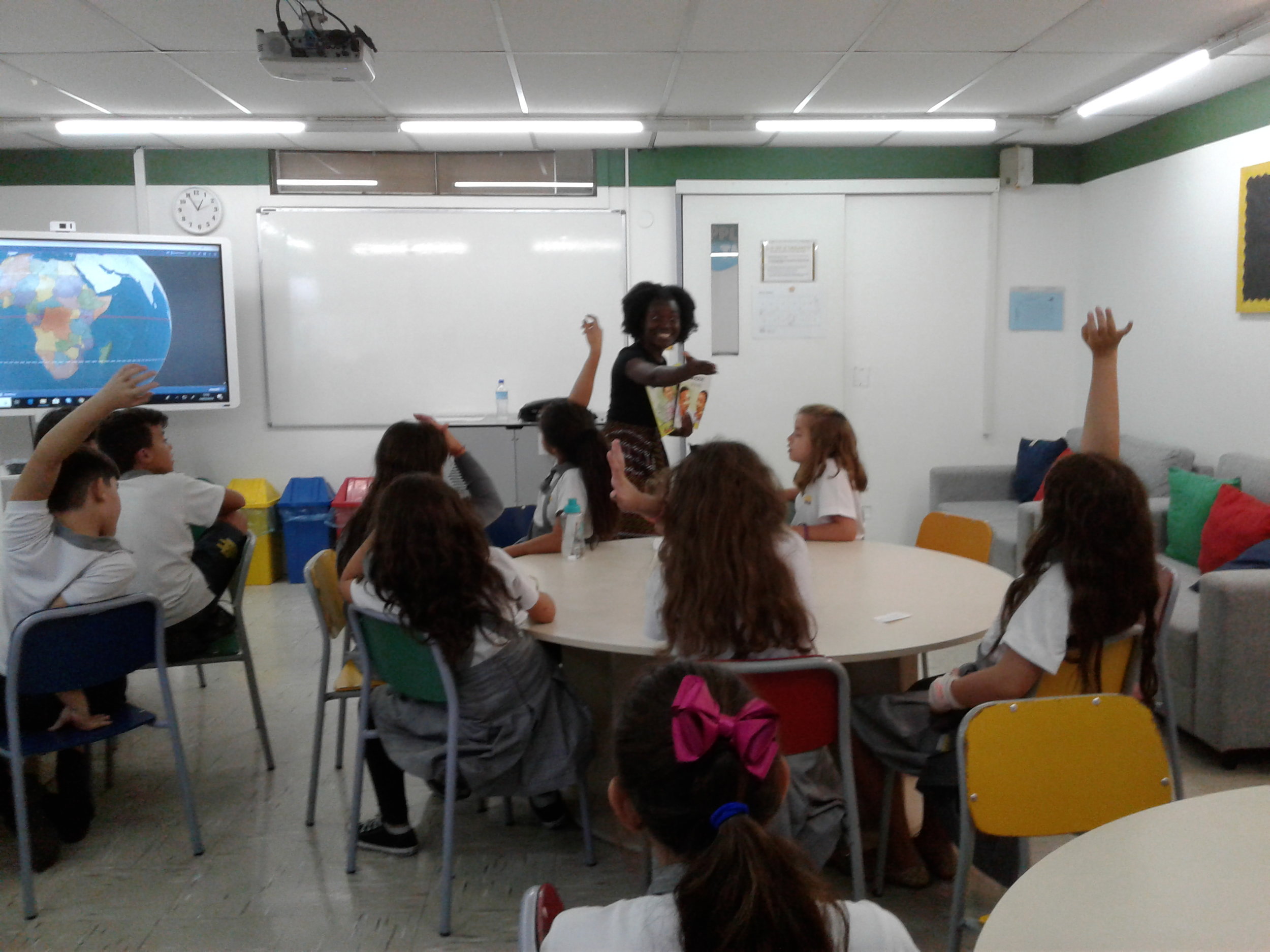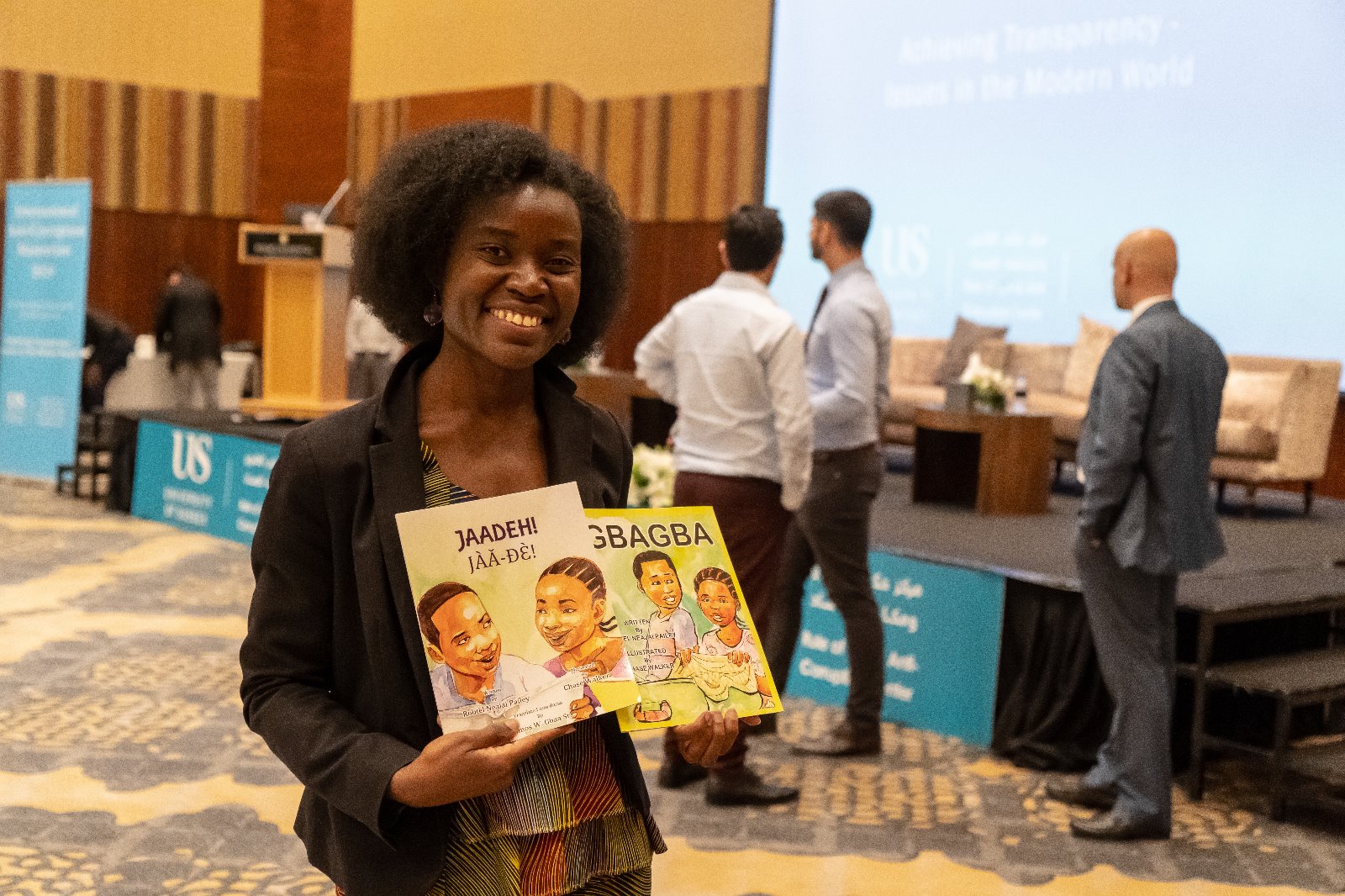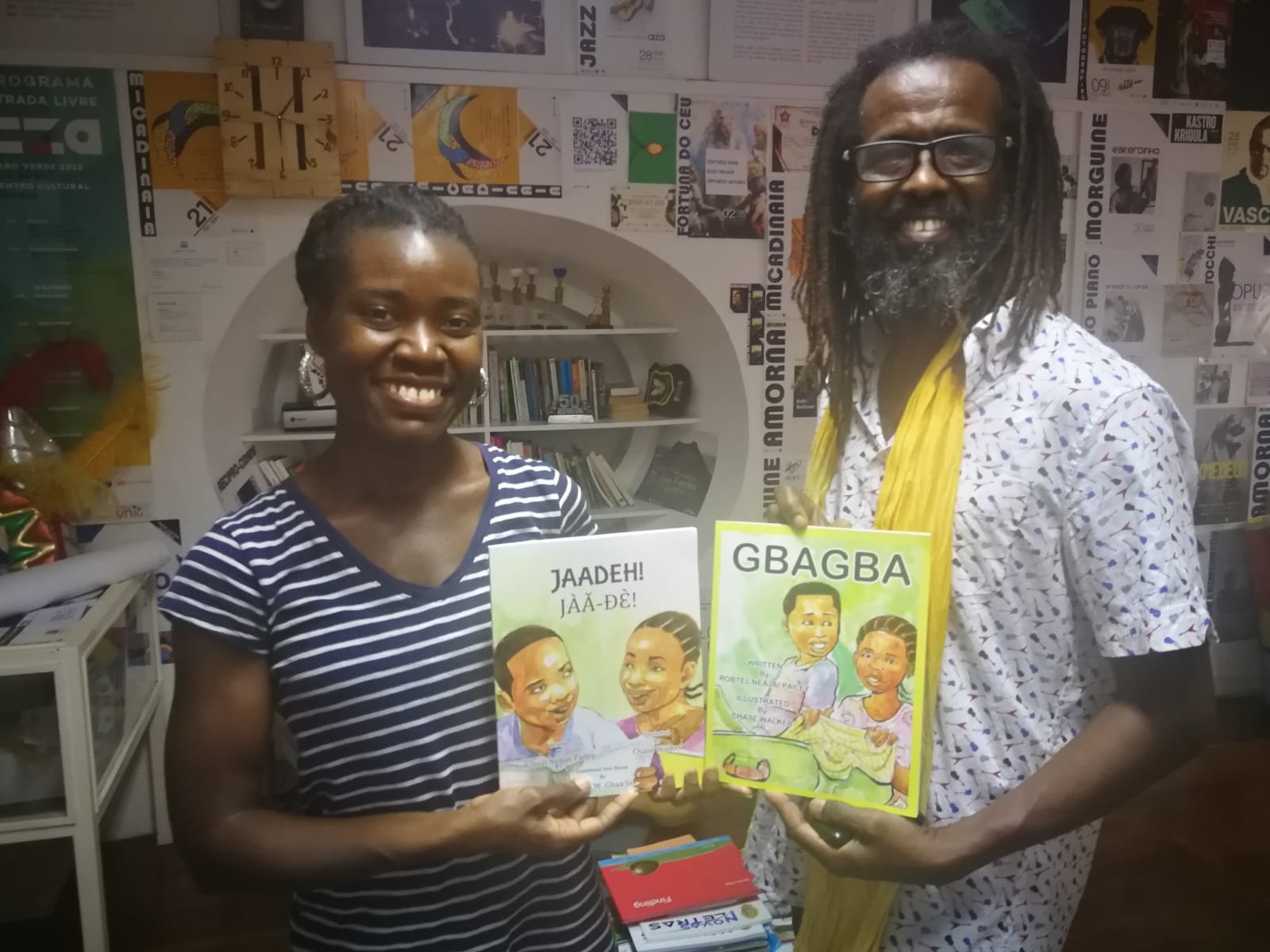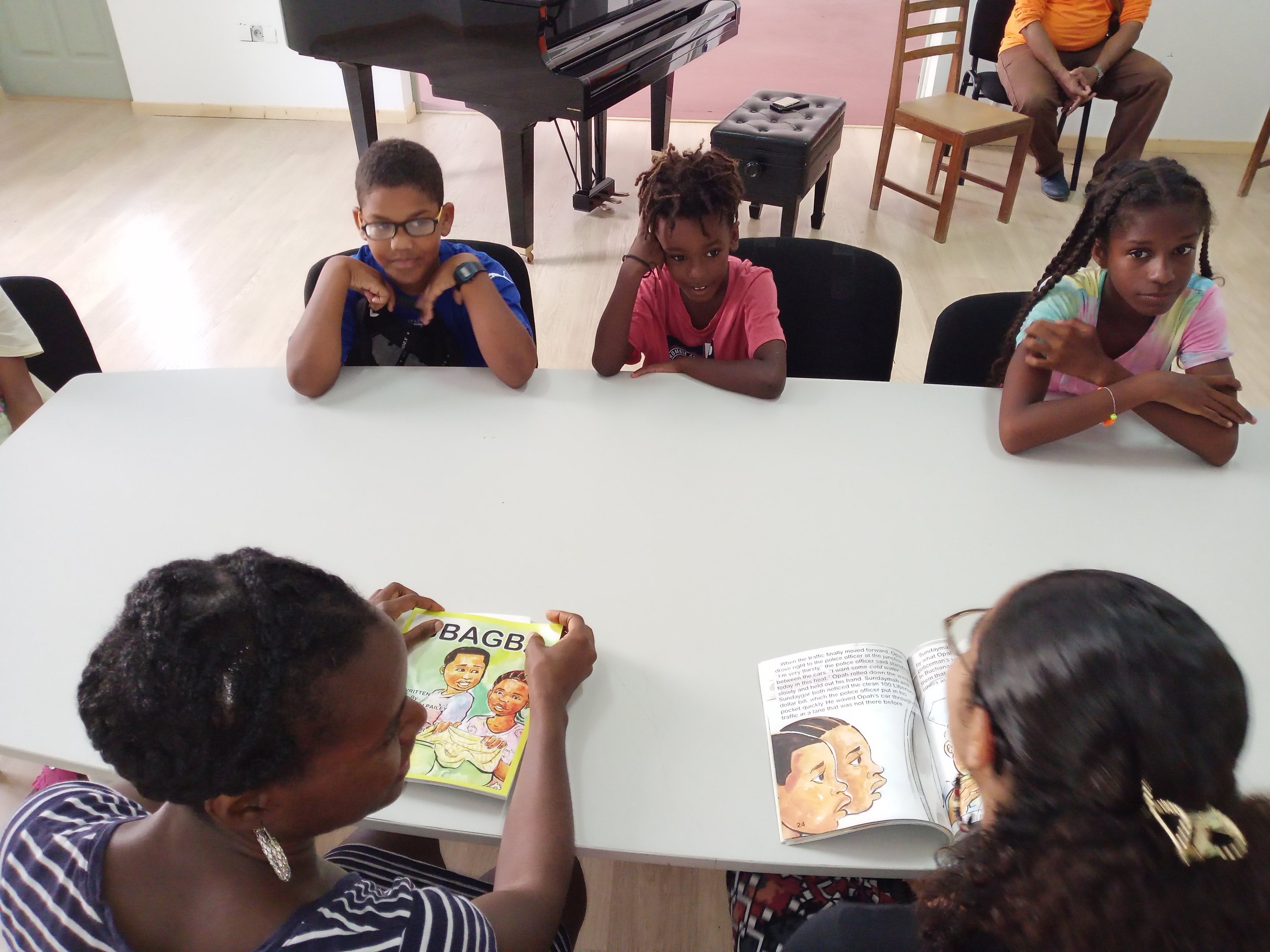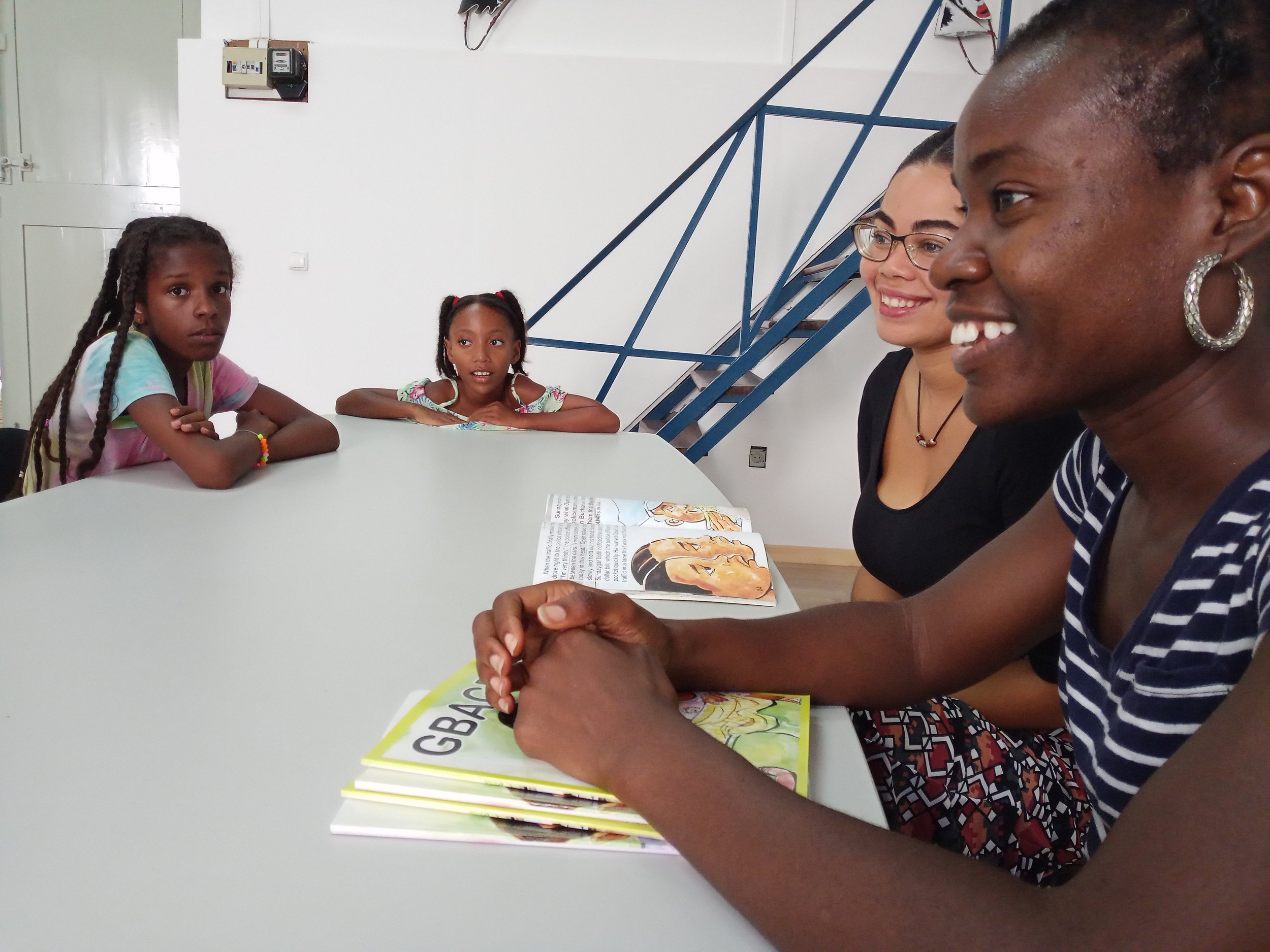In 2017, President George Manneh Weah won a resounding victory in the presidential election, making him the country’s 25th head of state in January 2018.
His victory brought relief to many underprivileged Liberians, especially the youth, who saw him as a beacon of hope, given the fact that he grew up in Clara Town, a slum in Monrovia, and rose to the pinnacle of international athletics and onward to the helm of national leadership. But six years into his presidency, critics say much has not been done to address corruption, security, health, and the economy…
Robtel Neajai Pailey, a Liberian activist and assistant professor at The London School of Economics and Political Science (LSE), argues that “Liberia’s forthcoming elections are as much about the rule of law as they are about corruption with impunity, which appears to have consumed President Weah.”
“Although he promised to ‘weed out the menace of corruption,’ his ruling Coalition for Democratic Change (CDC) is fronting two candidates for the national legislature who were sanctioned by the US Department of Treasury for ‘ongoing public corruption’ during their stints as heads of government agencies. While this does not bode well for fighting corruption, it opens up the space for Liberian voters to pursue clear alternatives to the status quo.”
She continued, “Contrary to popular opinion, my previous and ongoing research demonstrates that the post-war Liberia electorate tends to reward candidates they presume will govern with integrity and reject those they believe will not. 2023 will be no different. Voters will look unfavorably on candidates with dubious track records in and outside the public sector, particularly elected officials who have embraced corruption as their modus operandi.”
Liberia is among the least developed countries in the world. Corruption, poor infrastructure, and lack of demonstrated leadership ability from past and present leaders are reasons for the country's backwardness…

